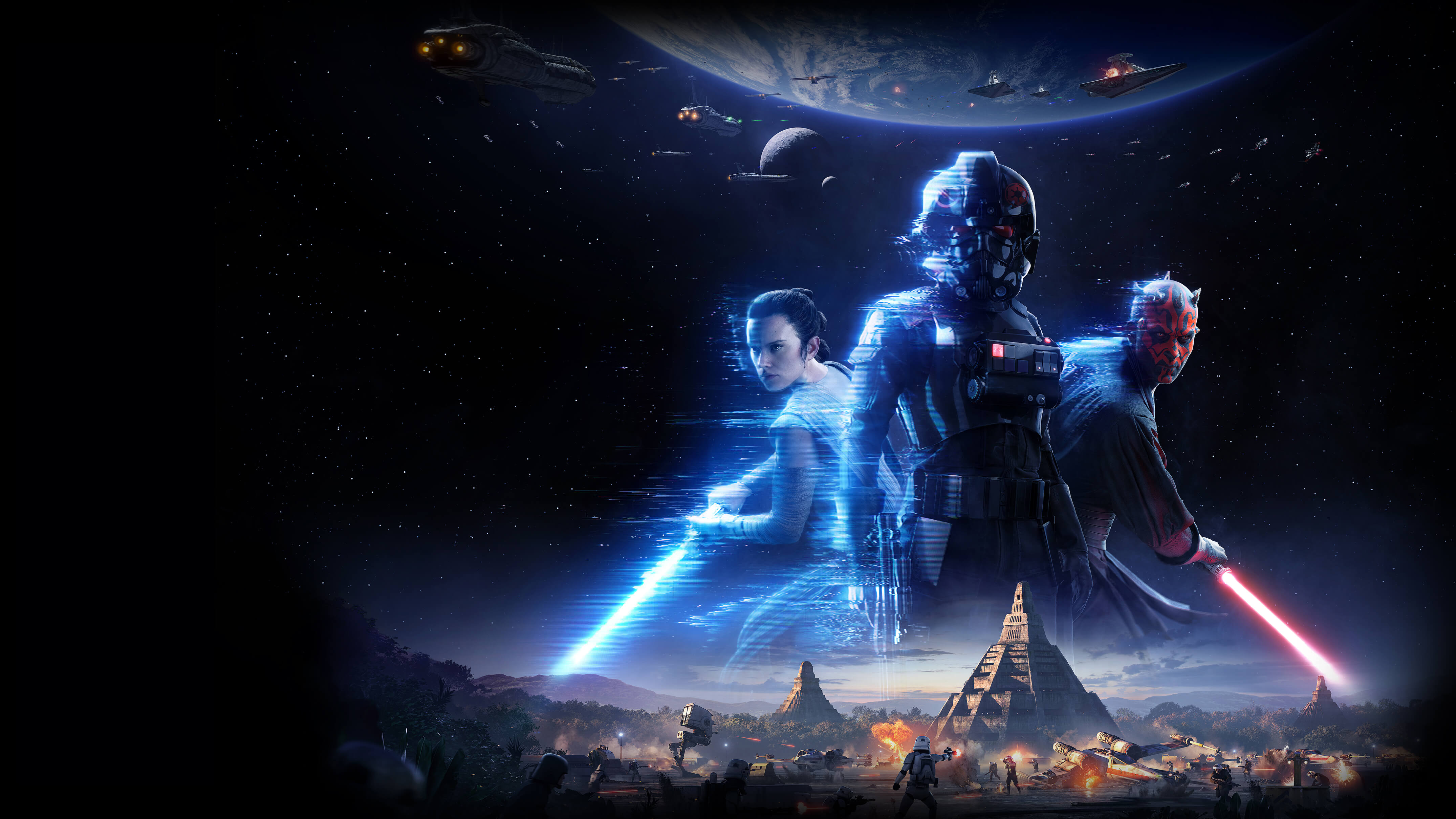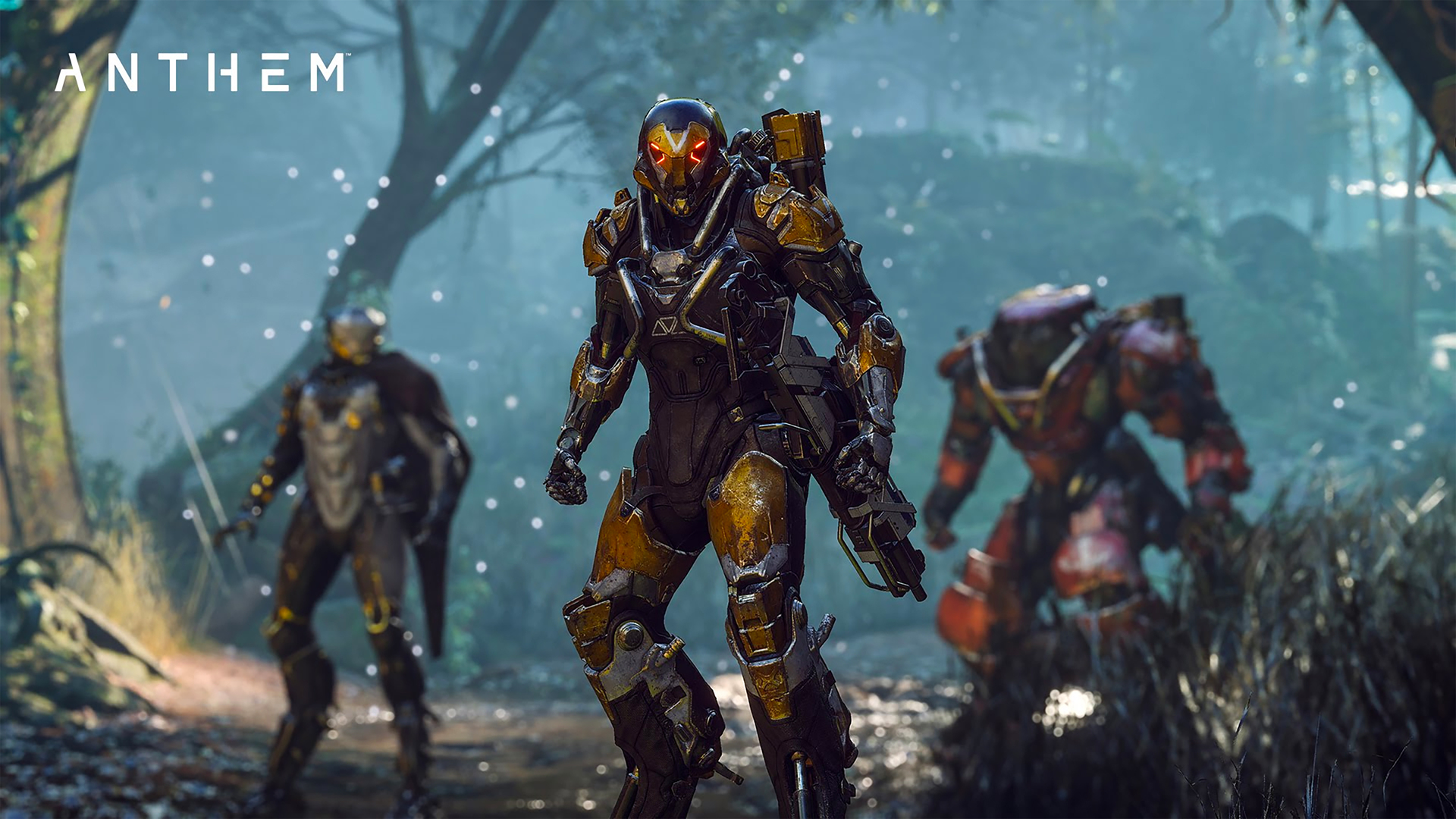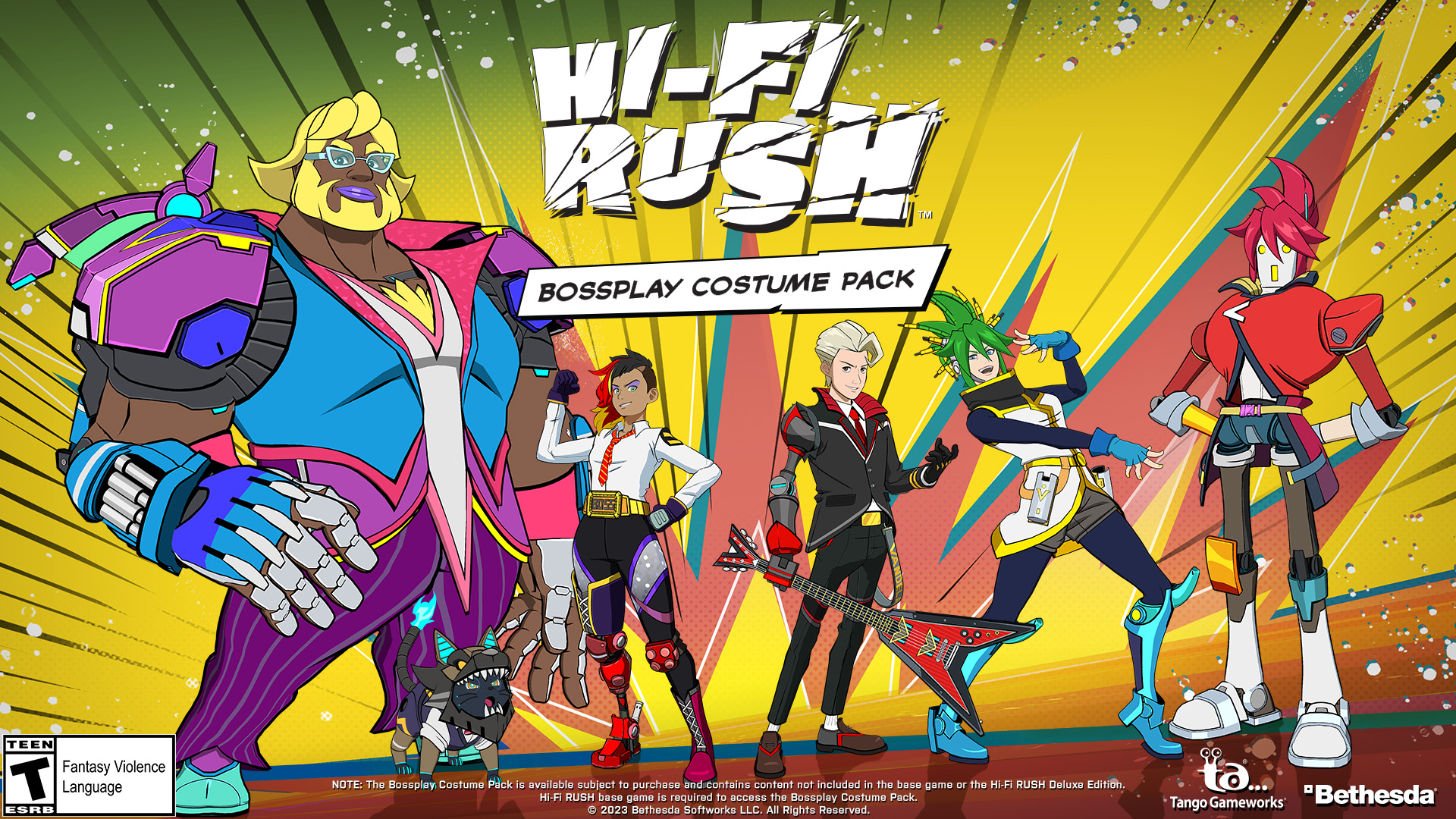

Write what you are looking for and press enter to begin your search!

Live News


Micro-Transactions, Major Implications

By Burhanudin Zamri|October 29, 2018|0 Comment
Back before Facebook became oversaturated with political arguments and scam pages, people actually played games there. Social network games, they were called. Even if you didn’t play Farmville or Mafia Wars, you’d still see your friends posting about them daily, if not hourly.
The mechanics of these games were simple and all you’d need was a browser running the latest Adobe Flash. The accessibility meant that as more people joined Facebook, more people would play those games.
The games were pretty straightforward. Players were given an open-ended task that encouraged self-created goals like build the biggest farm you can or be the most notorious mafia boss. But you were often limited by two types of resources, one that represented currency and another being some form of “energy”.
Use coins to buy seeds for your farm and plant those seeds using energy. Half a day later, you harvest your crops, get more coins and thus begins your addiction to social network games.
The true evil lies in the “social network” aspect of these games. The reason why you see your friends posting about these games isn’t just to beg for more coins and energy but to also say “hey look at my amazing virtual empire”. As you sit there and wonder how to one-up your friends who have 20 more virtual cows than you do, you’re greeted by a pop-up. “With just RM3.99, you can get 5,000 coins and 100 energy! Expand your farm!”
The business model was simple. Give players just enough for them to build a bit of progress but not to the point that they reach those self-created goals too quickly. You’re always offered two options. Wait for more free energy that the game gives you every 12 hours or so, or fork out a bit of cash to get those resources right now. “A bit” is the selling point. If at least 10% of the millions-sized player base paid a bit of their money, it would already result in a lot of revenue.
As how Dr. House might say in his TV show: “There, that’s the tumour.”

To put it succinctly, time is money and these developers propose that you can save a lot of time by paying a bit of money. In the formula of a social network game, this isn’t all too troubling. We’re logged in day in and day out on these social media platforms. Our primary motivation is to socialise. Perhaps I’m wrong but I’d assume that most people don’t just create Facebook accounts to play Farmville.
This means that when we run out of the resources required to keep playing those games, we go back to liking each others’ posts and sharing new pictures. So you don’t wanna pay for more gold and energy? No problem, just go and socialise for a few hours.
This is probably why those games had millions and millions of players that were made up of people who didn’t usually play games. The offer to buy in-game resources never seemed too pushy or appeared to be vital for enjoyment because waiting for those resources wasn’t the primary alternative.
Hell, some games encouraged you to convince your friends to join as new players and if you succeeded in doing so, you’d be rewarded with resources. The idea was that these were just time-wasters that enhanced your social media experience, not the other way around.
One extremely important detail I might have glossed over: these games are completely free.
You don’t need to pay a single cent to start building your crime empire in Mafia Wars. So the developers usually make money through two methods: selling you time-savers and showing you ads. This helps reinforce that notion of “it’s free so of course I shouldn’t expect much” and that’s a pretty acceptable sentiment for games designed with social media in mind. And well, beggars can’t be choosers.
Reading all this as someone who plays games on PC and consoles, you might be thinking “this definitely cannot and should not be applied in actual video games” but I’m pretty sure you already know that it is definitely being applied in actual video games and will continue to be applied in future video games.
Even some single players games have apparently been designed to have deliberately tedious and boring segments so that the pay-to-save-time microtransactions look appealing.

We play games because games are fun. Not just fun during the core gameplay segments but fun the whole way through. The recently released Spider-Man is a good example of a really fun game. Before you have fun punching bad guys, you’re having fun swinging to where the bad guys are. There’s no feeling of “oh man, I wish I could skip the swinging”.
The same can’t be said for another recently released game: Assassin’s Creed Odyssey. The game is full of both fun and not-so-fun segments like grinding for experience and gear that’s needed to make you capable enough to complete the main missions.
It’s pretty well known at this point that the game feels deliberately designed to have a tedious amount of grinding and surprise surprise, the game has time-savers that could be bought using real money. By the way, they’re literally called Time Savers in the game menu. Very subtle.
The truth is that this games-as-a-service business model is working out very very well for big name publishers. From 2012 to 2018, Activision Blizzard saw its market value grow from $10 billion to more than $60 billion. In the same time span, EA’s value grew from $4 billion to $33 billion. Combined, that’s a total growth of almost $80 billion. Don’t try to comprehend that amount of money, our brains simply aren’t made for it.
In capitalism, the only good colour is green. The black ink that signifies no growth but also no loss is still something to be avoided. Stagnation means you’re not growing and if you’re not growing, you’re not making more money than you did last time which is unacceptable!
If games-as-a-service is making a lot of money, then the logical conclusion is to keep enhancing that business model. Don’t know if you noticed but EA hasn’t really made a proper single player Star Wars game. No points for guessing why.
The future doesn’t look good. Publishers will do whatever they can to increase the significance of in-game purchases using real money. Games will be designed to be purposely boring, tedious, and even time-wasting so that those purchases are easier to justify. For multiplayer games, it might be even worse.
We’re already seeing pay-to-win models in AAA games like Destiny and Battlefront. It’s entirely possible to meet another player with better gear than you but who’s just as inexperienced if not even more so.

When Bioware’s upcoming title Anthem was announced at E3 last year, it was to be “the start of a 10-year journey”. I’m not exactly sure what that means but I’m confident enough to assume that it implies that the publishers and developers want the game to keep making money for years and years after its release. I vaguely remember Destiny having the same ambition and well, that worked out perfectly.
The bottom line is that the giants of the gaming industry are just following the scent of money. There’s no need to say that greed will be the death of gaming because this is capitalism and in capitalism, “greedisgood” (cheat activated). Well, it’s definitely good for the publishers and sometimes, the developers too (Observe what happens to studios bought by EA) but for us, the players?
Only time, and money, will tell.

By Mr Toffee|April 11, 2023
The updates for 2023's surprise hit game Hi-Fi Rush just keeps on coming. This time, players will get Hi-Fi Rush's Update 3, featuring new quality-...
By Mr Toffee|August 10, 2021
Remember that browser game Cookie Clicker, the game where you do nothing but click on cookies and get millions of them for that sense of gratification...

By Alleef Ashaari|November 16, 2020
We've already had four episodes of the Cyberpunk 2077 Night City Wire live streams, but since the game has been delayed to next month, we're still ge...

By Mr Toffee|November 20, 2024

By Team KKP|October 29, 2024

By Kenn Leandre|October 25, 2024

By Mr Toffee|October 24, 2024

By Team KKP|October 21, 2024

By Lewis "lickety" Larcombe|September 18, 2024

By Alisha Alix|August 20, 2024

By Alleef Ashaari|July 17, 2024

By Team KKP|July 1, 2023

By Alleef Ashaari|August 2, 2021

By Alleef Ashaari|February 9, 2022

By Mr Toffee|November 20, 2024

By Team KKP|October 29, 2024

By Kenn Leandre|October 25, 2024

By Mr Toffee|October 24, 2024

By Team KKP|October 21, 2024

By Lewis "lickety" Larcombe|September 18, 2024

By Alisha Alix|August 20, 2024

By Alleef Ashaari|July 17, 2024

By Team KKP|July 1, 2023

By Lewis "lickety" Larcombe|November 23, 2024

By Mr Toffee|November 23, 2024

By Mr Toffee|November 20, 2024

By Team KKP|October 29, 2024

By Kenn Leandre|October 25, 2024

By Mr Toffee|October 24, 2024

By Team KKP|October 21, 2024

By Lewis "lickety" Larcombe|September 18, 2024

By Alisha Alix|August 20, 2024

By Alleef Ashaari|July 17, 2024

By Team KKP|July 1, 2023
Copyright @ Kakuchopurei 2024